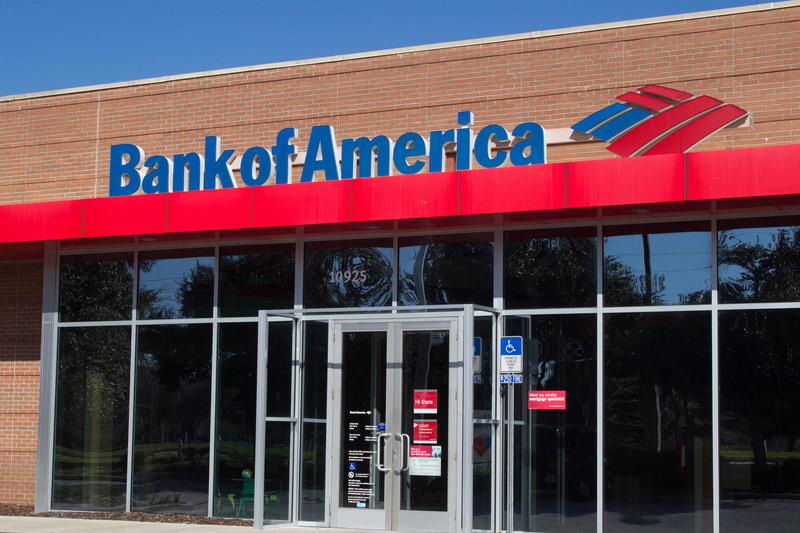Benzinga - by Piero Cingari, Benzinga Staff Writer.
The latest Federal Reserve stress test results have highlighted “the inherent opacity” of the Fed evaluation process, according to Bank of America analyst Ebrahim H. Poonawala.
The tests, which assess the resilience of banks under severe economic scenarios, revealed a wide range of impacts on minimum capital requirements. Overall, they demonstrated that the institutions have sufficient buffers to weather the storm, albeit with higher-than-expected losses.
Bank Of America’s Key Insights From the Stress Test Results ‘Goldman Sachs Worst Hit’: Goldman Sachs (NYSE:GS) experienced the largest year-over-year increase in its stress capital buffer (SCB), rising by 100 basis points (bps), which could poses a negative impact on return on equity (ROE) and slower share buybacks in the latter half of 2024, according to Bank of America. Poonawala maintains a Buy rating on Goldman Sachs, confident in the stock’s long-term prospects.
Wells Fargo Well-Positioned: Wells Fargo & Co. (NYSE:WFC) “is well positioned to handle its 90bps SCB increase. We don’t expect the drag from the higher SCB to last,” Poonawala stated. Bank of America anticipates Wells Fargo to achieve a 14-15% return on tangible common equity (ROTCE) by 2026, assuming the CET1 ratio remains above 11%.
Citigroup Should Positively React: Citigroup Inc. (NYSE:C) stands out with a 30bps decline in its SCB, potentially freeing up $3 billion for share buybacks. According to Bank of America, this positive development could enhance operating leverage and investor confidence in achieving its 11-12% ROTCE target.
‘Huntington Best Hit’ Among Regional Banks: Banks like Huntington (NYSE:HBAN) saw a significant 70bps decline in SCB, suggesting a favorable outlook for resuming share buybacks. Conversely, Citizens Financial Group (NYSE:CFG) experienced a 60bps increase, the highest among regional banks, which might pressure its shares. M&T Bank (NYSE:MTB) and Truist Financial (NYSE:TFC) also showed positive outcomes, with excess capital paving the way for potential buybacks.
Citizens Financial Group (NYSE:CFG) shares may face pressure due to the 60bps year-over-year increase in SCB, the highest among regional banks. Conversely, KeyCorp (NYSE:KEY) shares could see some relief, alleviating concerns about dividend sustainability.
Market Reactions: Regionals Outperform Large Banks U.S. bank shares dipped slightly following the stress test results, with the Financial Select Sector SPDR Fund (NYSE:XLF) and the Invesco KBW Bank ETF (NYSE:KBWB) each down 0.4%.
In contrast, regional banks outperformed their larger peers, with the SPDR S&P Regional Banking (NYSE:KRE) gaining 0.4%.
Among large institutions, Capital One Financial Corp. (NYSE:COF) and Goldman Sachs were the worst performers, both down 2.1%.
Within regionals, First Foundation Inc. (NYSE:FFWM) and Dime Community Bancshares Inc. (NYSE:DCOM), outperformed, up 4.9% and 3.6% respectively.
Read Next:
- GDP Growth Upwardly Revised In Q1 But Consumer Spending Weakens, Continuing Jobless Claims Hit Nearly 3-Year Highs: Thursday’s Economic Digest
© 2024 Benzinga.com. Benzinga does not provide investment advice. All rights reserved.
